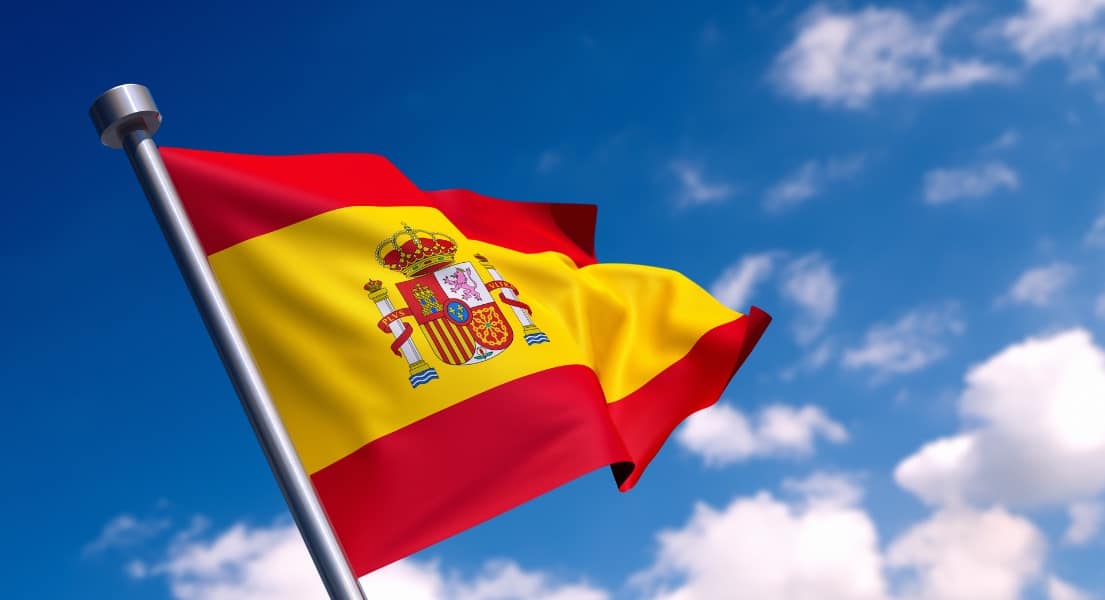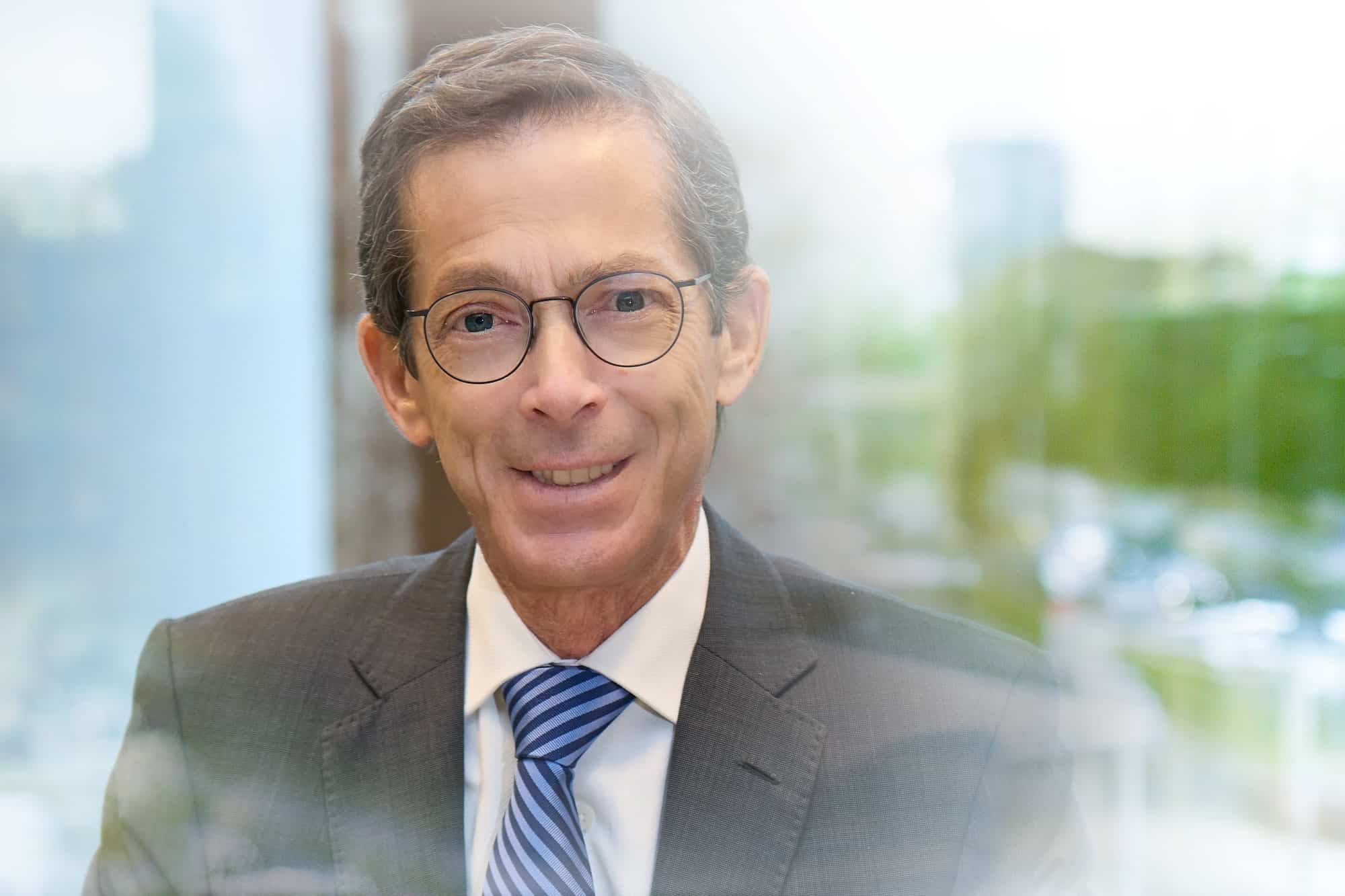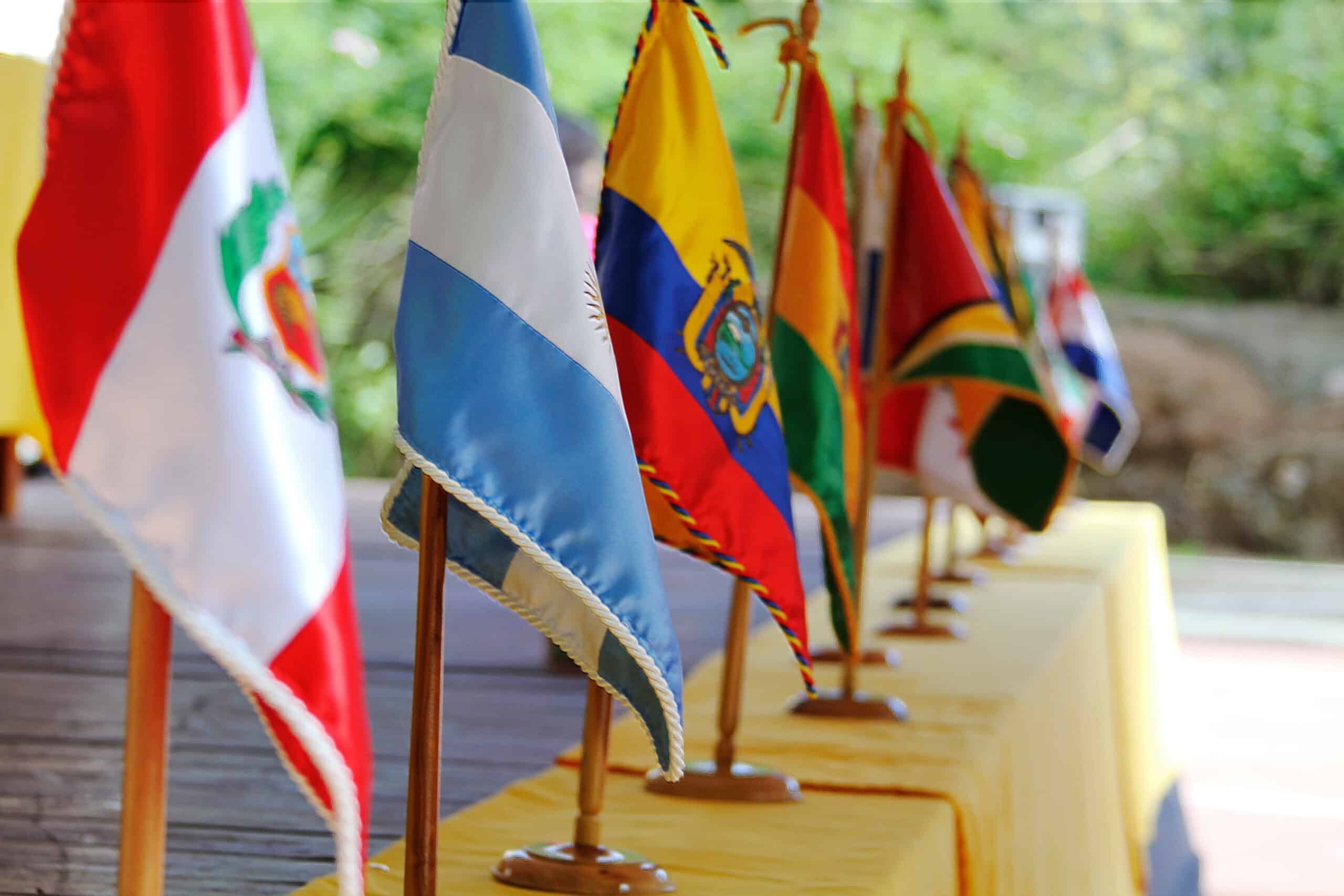
“Bienvenida!” to the Spanish Presidency of the Council of the EU
“Bienvenida!” to the Spanish Presidency of the Council of the EU On

On 17 and 18 July 2023, the third EU-CELAC summit “Renewing the bi-regional partnership to strengthen peace and sustainable development” took place in Brussels under the Spanish Presidency of the Council and gathered leaders from the EU institutions, the EU member states, and the Community of Latin American and Caribbean States (CELAC) for a total of 60 countries. The Summit, the first of this kind in eight years, was meant to be a new fresh start for the relations between the EU and its Latin American partners. On one side, the launch of the Global Gateway Investment agenda – through which the EU will allocate €45 billions in the development of key strategic sectors in Latin America – constitutes a good attempt to support the growth of the region based on the green and digital transitions. On the other side, however, many divisive points have emerged, including trade, the impact of EU green policies in Latin America and divergent geopolitical positions, which hampered the development of a strong final Declaration.
Felipe García Echeverri is Associate Partner at Hague Corporate Affairs, former Ambassador of Colombia to Belgium and Luxembourg and Chief of Mission of Colombia to the EU and NATO. In this blog, he provides an assessment of the Summit and delves into the reasons behind the frictions between the two sides of the Atlantic.
During the last decade, the EU and Latin American counterparts have struggled to find a common stand on multiple trade-related issues, encompassing tariffs, agricultural subsidies, and market barriers. At the moment, the EU aims to finalise negotiations on trade deals with key Latin American partners: Mexico, Chile and Mercosur. While for the first two the process is slowly progressing – the trade agreement with Mexico is meant to be signed off by the end of the year, while the one with Chile is in its final ratification stage – a deal with the MERCOSUR subregional block (Argentina, Brasil, Paraguay and Uruguay) is experiencing a real impasse. The main divisive point is the inclusion of sustainability clauses, encompassing due diligence, deforestation and workers’ rights. The Latin American countries consider the EU proposal “unacceptable” and are preparing an alternative text; on the other side, farmers’ associations of different EU countries, such as France and the Netherlands, are increasingly opposing the deal, arguing that it would de facto open the door to a great quantity of Latin American agricultural products in the European market – such as beef and soy – inevitably harming the competitiveness of domestic producers. Therefore, it does not come as a surprise that the Declaration following the Summit only refers to the ongoing “progresses” and “work” on the deal.
EU sustainability policies represent a major debated issue between the two sides of the Atlantic. By developing key pieces of legislation such as the Corporate Due Diligence Directive and the Regulation on Deforestation-free Products, the EU aims to create incentives to tackle climate change worldwide by imposing rules on companies operating in the EU market and their supply chains, indirectly posing trade barriers for exporting countries in case of non-compliance. However, such rules often do not fully take into account the differences between the EU and Latin America concerning their economic, environmental and social contexts. In this respect, Latin American leaders reiterated their concerns regarding the economic and social impact that such rules would have on the Latin American industry – with rising compliance costs – which could potentially backfire the green transition in the region. As such, only mutual understanding and support, together with capacity-building, and flexibility in the enforcement of rules can address this matter. Finally, ongoing dialogue with actors from both the public and the private sectors is necessary to build trust and find workable solutions allowing to protect the planet while promoting the sustainable economic and social development of Latin America.
During the Summit, the issue of past European colonialism in Latin America and the request to address previous injustices perpetrated by Europeans in the region mixed with the EU’s need to consolidate global alliances in the context of the ongoing war in Ukraine. On one side, Ralph Gonsalves, Prime Minister of Saint Vincent and the Grenadines, a Caribbean Island country holding the rotating Presidency of CELAC, called for further discussions on European post-colonialism economic reparations. On the other side, the EU diplomats hoped to achieve a common declaration clearly condemning Russia’s invasion of Ukraine, which was eventually not feasible. The final Declaration of the Summit did not mention Russia, and the signatories only expressed “concern” about the ongoing war against Ukraine. This has been a major drawback for the EU, showing its difficulty in exercising its soft power to gather like-minded allies and achieve common positions on global issues.
In conclusion, the EU-CELAC Summit fell short of being the breakthrough moment in the relations between the EU and Latin America as originally portrayed. It is however a first step in the right direction to restart a dialogue between the two blocks, which needs to be based on a different approach than the past. As Dutch Prime Minister Marc Rutte stated, the EU and its Member States have not been receptive to Latin America’s demands for a long time, even when the Latin American countries themselves required the EU’s support. Now, the EU is turning to Latin America again to defend its interests as a global power, create new alliances and tackle climate change. Nevertheless, it will not be straightforward to achieve these objectives unless the EU changes its approach to the region, moving toward a partnership between equals and listening really carefully to understand the region’s demands.
Want to know more about the relations between the EU and the LAC region and how this affects your business? Contact Hague’s Associate Partner Felipe Garcia Echeverri. Or subscribe to the newsletter and receive quarterly blogs in your inbox.


“Bienvenida!” to the Spanish Presidency of the Council of the EU On

The future of aviation: going beyond challenges to net zero Commercial aviation

From cooperation to strategic partnership A necessary paradigm shift for a successful,